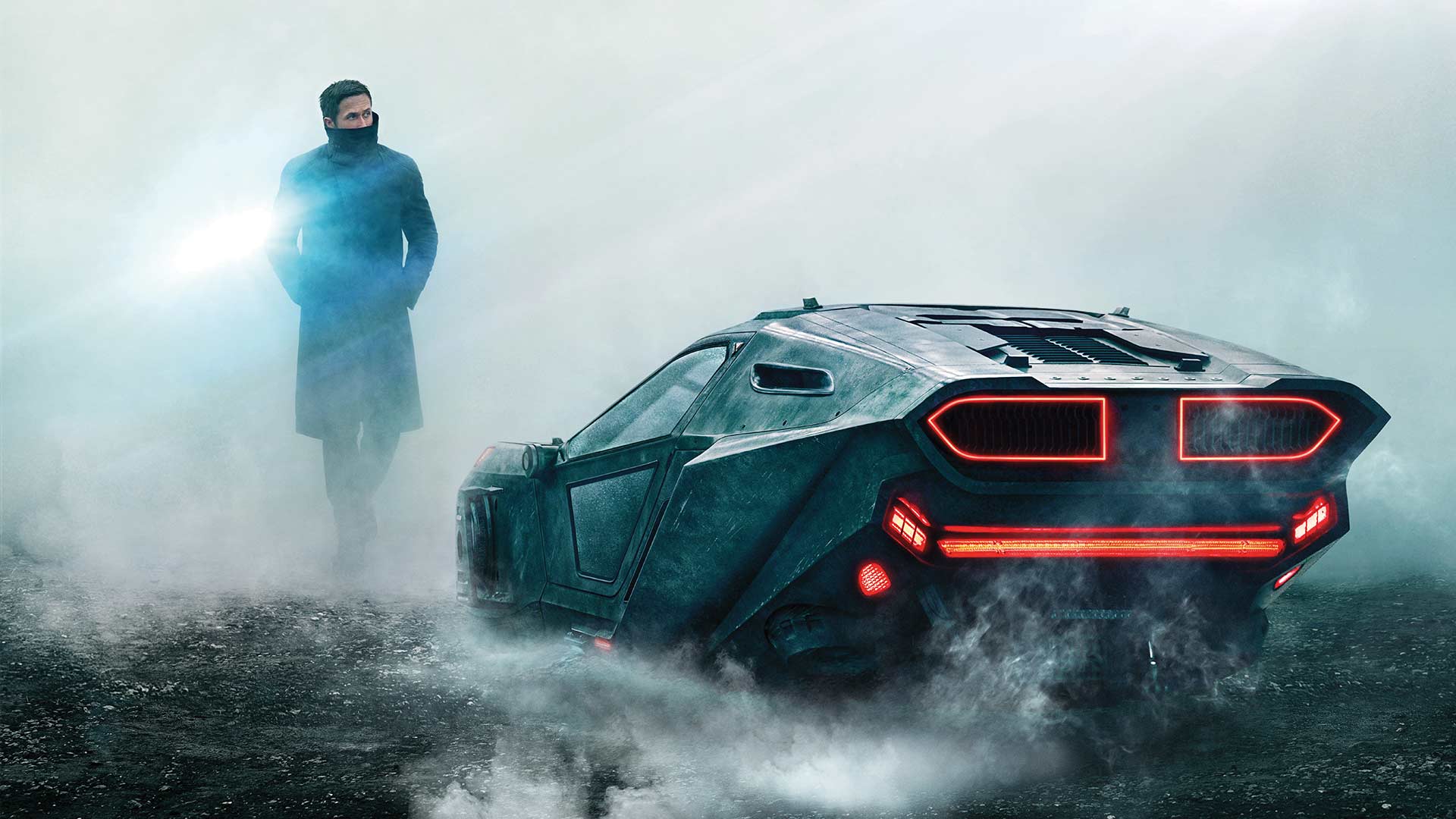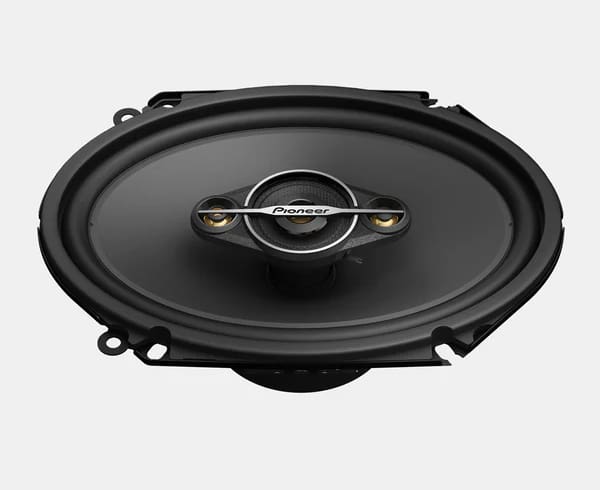How Accurate Are These Sci-Fi Flicks
Sci-Fi movies, how accurate are they really?
Many of them feature a future date within the storyline as though the movie was a Nostrodamus-like vision of the future. Some of these named years are obviously arbitrary – the writer simply used any old date so long as it was in the future; as George Orwell did with 1984 just by flipping the digits of the year in which he wrote his book. Then there are some Sci-Fi movies where at least a little thought went into picking a year for the concepts portrayed to feasibly occur.
Maybe we could grade the accuracy of the latter movies to see how far they were from the mark… But how to select which Sci-Fi movies to judge? There are hundreds of them!
Some can be quickly discounted as they feature human colonies in space or on other planets, for example; Alien, 2001 A Space Odyssey and Total Recall. As far as I know, we haven’t upped sticks off Earth yet, so there is little point in investigating those particular movies any further. Yet other Sci-Fi movies are so highbrow they are difficult to discuss without a postgrad degree in physics, maths and/or philosophy/religious studies eg Interstellar.
Then there are still other Sci-Fi movies set closer to home which are more about the changes likely to happen within our everyday lives and/or the societies in which we live. That sounds more like it! So, we’ve looked at grading a few of those ones:
Blade Runner
(1982) set in 2019 / Blade Runner 2049 (2017) set in 2049
The first Blade Runner was a shock when it came out as, though it wasn’t the first dystopian vision, it certainly was the darkest and grimiest to date. Most earlier Sci-Fi movies had portrayed a different but somewhat prettier world for the future for example; The Time Machine (1960) and 2001 A Space Odyssey (1968). After Blade Runner every movie future world looked grim!
Obviously, Blade Runner was way off the mark in picking 2019 as the year when we would see flying cars and human replicants running around knocking each other off in rainy alleyways. On the other side of the coin though, director Ridley Scott and co did very well to predict such a heavy Asian influence in future Western societies – which wasn’t as obvious as it sounds today – back in 1982.
Sequel Blade Runner 2049 is the movie far more likely to score a higher grade, largely as the world we live in now has degraded so much since 1982 that no depiction of degradation, isolation and dereliction seems so far-fetched anymore. In fact, it is disturbingly easy to imagine that director Denis Villeneuve didn’t even need to build any sets, these days he could just point his camera at a downtown suburb in pretty much any major city to get all the moody and/or depressing shots he needs.
Averaged Accuracy Grade: B- (scaled up to B+ simply because the first Blade Runner featured peak Daryl Hannah in her Siouxsie Sioux-era look and Rutger Hauer’s ‘Tears in Rain’ speech)
RoboCop
(1987) set in 2028
Though it’s still got a couple of years or so up its sleeve, Paul Verhoeven and co may have underestimated the actuality of RoboCop – by just a touch! Yet, it is a brave soul indeed who would dismiss the vast majority of the predictions made in this movie, particularly as many of them have long become true already.
Infamously, Peter Weller’s title character was billed as ‘Half Man, Half Machine, All Cop’ and was concocted as a hybrid of a dead police officer and a robot that drove around Old Detroit indulging in a bit of ‘urban pacification’. That hybrid part is still – overtly at least – yet to be realised. Pretty much everything else portrayed in the movie is either here already, or just around the corner.
RoboCop’s depiction of a society in extreme social decay featuring armies of homeless, unchecked criminality and hopelessly outgunned police is now not only reality, but endemic. As anyone who has been to Toronto, San Francisco, Los Angeles, Paris, Auckland – let’s be honest; any large Western city – lately will have noticed.
The hardware, like that produced in RoboCop by Omni Consumer Products (OCP), is starting to make its presence felt today – even equipment similar to the legendary ED-209!China recently unveiled its sinister dog-like Go1 robot – oddly identical to the Boston Robotics version, funny that! – but with a QBZ-95 gun on its back too.Intentions fully revealed there! China has also recently used drones to spray their own citizens, although the Russians and Ukrainians have done far worse lately with theirs.
The repulsive corporate philosophy of Product First/Impact Consideration Second depicted strongly in RoboCop has never been clearer in reality than in the recent – and ongoing – scramble to develop AI by today’s mega corporations. Their goal is identical to OCP’s in that they all want to monetise first and: ‘Who cares if it works or not?!’
As lay people it is hard for us to know exactly just how far artificial body part replacement theory has gone in the medical world, as a lot of it is kept under wraps for obvious reasons. One notable above-surface development recently though is the Agonist-Antagonist Myoneural Interface (AMI). This technology allows for a more natural gait by connecting the prosthetic limb directly to the user’s nervous system – which is getting damn close to RoboCop territory! If it can also plug into its host’s memories; it’s game over for us flesh and blood types!
Accuracy Grade: A-
Running Man
(1987) set in 2019
Though it missed the 2019 mark in many ways Running Man was on the money in others.
Like most movies sourced from Steven King material the movie itself was as profoundly disappointing as the premise itself was awesome. Arnie – in his golden decade! – is wrongfully convicted of some beefed-up crime and forced to participate in The Running Man TV show as his punishment. This means he has to literally get running to evade some deadly ‘Stalkers’ sent to hunt him down – or else. So the show itself is a Roman Gladiator-style spectacle designed to keep an unruly public happy by giving them their dose of blood in order that they’ll turn a blind eye to the regime’s corruption and oppression.
Whilst in today’s society we haven’t sunk so low as to have streaming snuff circuses featuring actual deaths yet; Japanese Game Shows and arguably both Rugby Union and League definitely seem headed that way. Plus, the theme of totalitarian regimes oppressing societies has never been as relevant as today since the Second World War, as they seem to be popping up everywhere around the globe.
In 1987, Running Man was meant as a critique of reality TV which had just started to flood onto our screens at the time of its release; but it still serves today as a timely reminder of just what an effective blunt tool the media is in the hands of our puppet masters.
A remake is apparently in the works with Glen Powell set to star with Edgar Wright locked in as director.
Accuracy Grade: C+
Idiocracy
(2006) set in 2505
Set in an extremely conservative 2505 – I wouldn’t have twitched a single eyebrow muscle if they’d suggested 2025, especially considering the Orange Man is running for US President again this year! Idiocracy was a movie from Mike Judge of Beavis and Butthead fame that showed his true mastery of reflecting human stupidity in its rawest form – but then taking the edge off by dousing it with humour.
For what it’s worth, the ludicrous plot sees Luke Wilson as an Army librarian hibernated for 500 years by accident only to wake up to a ruined future world ‘run’ by absolute idiots that seems more recognisable by the day. Luke is only an ordinary 21st century bozo, yet by the 26th century he’s a genius who can ace moronic exams and be just the guy they need to save the world.
In reality, Idiocracy is less a movie and more a series of hard-hitting skits linked by a common theme as perfected by Monty Python – and this movie is comparable to that troupe’s very best work. As suggested by the title, the themes hammered here are the incessant dumbing down of society, unchecked consumerism and acceptance of low-brow vulgarity – and what sort of society they will create in the future. Disturbingly, Terry Crews’ performance as wrestler President Dwayne Elizondo Mountain Dew Herbert Camacho is possibly the most accurate portrayal of Trump yet – but a full ten years before he descended his escalator and dragged us all down with him!
Arguably more a futuristic documentary than a movie, viewing Idiocracy ought to be mandatory in our schools as a very real warning of what will happen if we persist in traveling along our current path of selfishness, anti-intellectualism and contempt for our environment.
Accuracy Grade: B+ (points off for such a safe year choice!)
While ultimately there is little point in grading Sci-Fi movies for historical accuracy, it does help us appreciate what sort of effect the march of technology has had on our lives over time. Especially if we are still young enough not to know a world without our precious High-altitude platform station systems, Extended Reality modules and Digital Twins!






